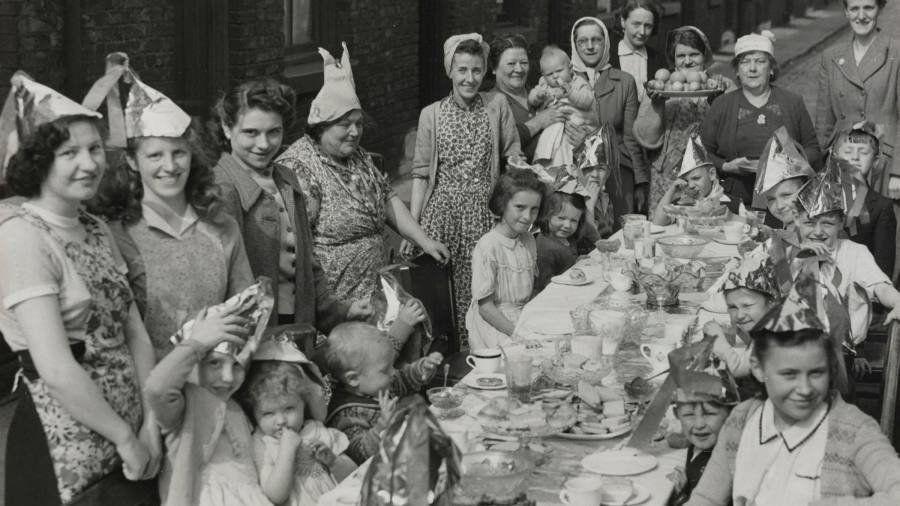The writer is a social researcher and the director of the British Foreign Policy Group
It is our present, not our past, that is consumed by nostalgia. New polling conducted by YouGov to mark the Queen’s platinum jubilee celebrations found almost 40 per cent of older Britons believe their country has declined over the 70 years of her reign. The generational divide the survey revealed captures the contest to define the UK’s relationship with history and to shape a modern national identity.
Cultural theorist Svetlana Boym defined two strands of nostalgia — the natural human instinct to be “reflective” about one’s youth in a warm glow of memory and a “restorative” version, which seeks to reimpose the structures of the past. It is the latter style that political campaigns seek to mobilise and can prove dangerous.
Peddlers of nostalgic narratives emphasise the threat from a dismantling of the status quo and portray social change as a zero-sum redistribution of power. They too often fail to see that for many, particularly women and minority groups, the elevation of the past denies the hard-won rights, representation, and agency of the present.
Equally, those more attuned to the opposite threat — an unravelling of modern advances — tend not to accept the human tendency to recognise safety in the familiar.
When forced to remove the rose-tinted glasses, most Britons recognise many concrete improvements. Central heating, longer life expectancy, cultural tolerance, and women’s economic emancipation are frequently cited in my focus groups. Few wish to return to the past, but rather to slow the pace of change and reconnect with elements they feel slipping away.
A preoccupation with the past, visible in both the Brexit referendum and the debate currently raging around the legacy of empire, tends to germinate in a sense of insecurity. The longing is not materialistic, it is for intangible feelings of community, stability, and optimism. For older Britons, the acceleration of technological and social change has been disorienting. Many are trying in good faith to keep up.
In the research I conducted across the UK, France and Germany to unpick the root causes of nostalgia, I was struck that Britons are less trepidatious about the future. It is a nation steeped in its past, no doubt. But exporting a globally dominant native tongue, system of government and culture lends the public a certain degree of confidence and agency.
This is evident in the relative enthusiasm with which Britons have recognised the benefits of globalisation compared to western allies. The annual public opinion survey on foreign policy I conduct shows we continue to champion free trade. This captures how the British see their nation’s role in the world. My recent focus groups reveal that we tend to identify national strengths in both long-established institutions and culture and in the UK’s expertise in science and innovation.
Britons are also resilient and pragmatic, tending to see economic and political fortunes as cyclical. The debate around whether Leave voters had willingly chosen to be financially worse-off missed the point: a tough decade is generally expected to be followed by a more buoyant period.
Recent political efforts to respond against or promote nostalgic narratives have tended to ignore these importance nuances. Promising to reinstate imperial measures and stamping crowns on pint glasses is a sideshow. Modern Britain needs a balance between openness and security, modernity and tradition, evolution and conservation. Any political approach that prioritises one and derides the other will fail to capitalise on the nation’s mood and character.
It’s time for politics to leave nostalgia in the past and listen to the British people, most of whom find no discord in cherishing our heritage while looking with curiosity and ambition to the future.
